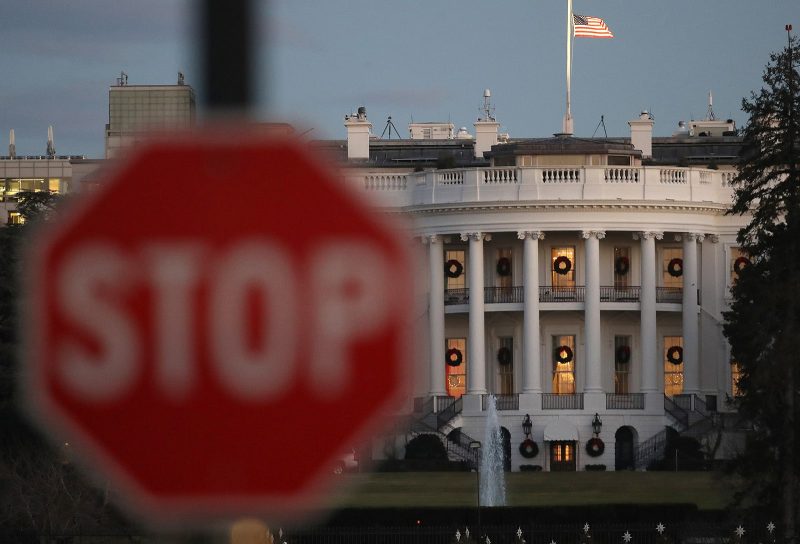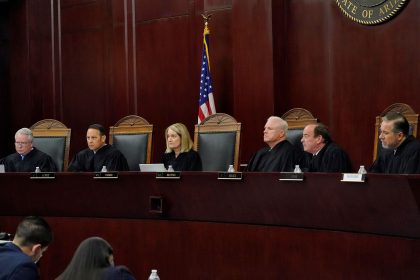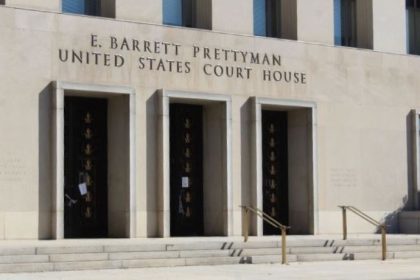PGPF Analysis Shows Government Shutdown Has Direct Negative Impact on American Confidence

This week the Peter G. Peterson Foundation issued its regular Fiscal Confidence Index for the month of January, and the findings were troubling. The report, modeled after the Consumer Confidence Index and fielded in the final days before the government reopened, showed Americans’ confidence in the country’s fiscal outlook is 46, falling 16 points since last quarter. For context, 100 is neutral. This is the largest three-month decline in the Index’s history.
PGPF argued that the falling number, caused by a prolonged government shutdown and heightened partisan gridlock, “indicates a significant increase in voters’ concern and frustration with Washington’s fiscal and budgetary brinksmanship.”
“Washington’s failure to address the national debt and critical budgetary issues has a direct negative effect on Americans’ confidence,” said Michael A. Peterson, CEO of the Peterson Foundation. “The longer lawmakers ignore the vast majority of Americans who want them to restore fiscal order, the more that confidence will worsen, because key priorities and programs are at risk. Last week’s bipartisan agreement to temporarily reopen government should provide a starting point for lawmakers to work together to secure our collective fiscal future.”
This could be an early indication of the temperature of the American electorate headed into the next presidential election. PGPF asserts voters across party lines are more likely to say the U.S. is on the wrong track when it comes to addressing the national debt than at any time in the past year (64% wrong track, up from 57% in December). This month, 74% of voters want the President and Congress to make the debt a top-three priority, but voters are less optimistic that progress will be made (44% optimistic, down from 50% in December). This includes sharp decreases in optimism among both Democrats (33% optimistic, down from 43% in December) and Republicans (59% optimistic, down from 70% in December).
The Fiscal Confidence Index measures public opinion about the national debt by asking six questions in three key areas:
CONCERN: Level of concern and views about the direction of the national debt.
PRIORITY: How high a priority addressing the debt should be for elected leaders.
EXPECTATIONS: Expectations about whether the debt situation will get better or worse in the next few years.
Read the full report here.






















